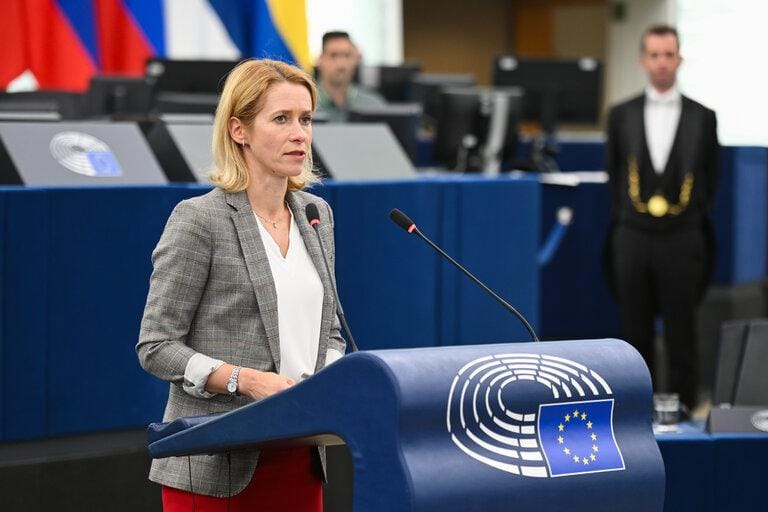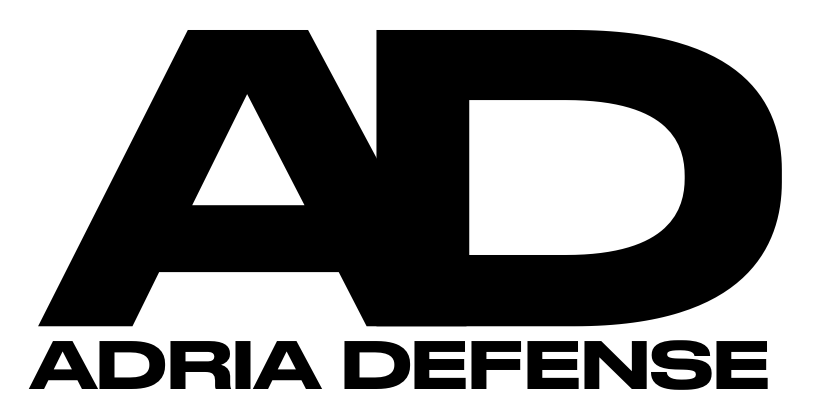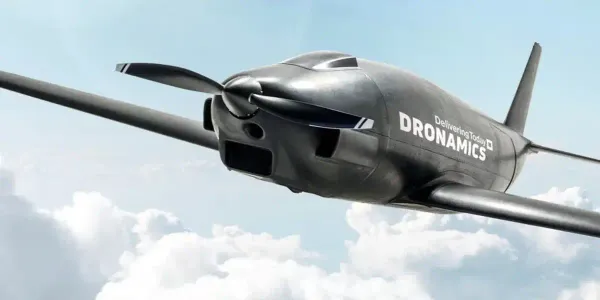EU Mobilizes €800 Million to Bolster Ukraine’s Winter Resilience and Cyber Defense Capabilities
The EU has mobilized €800 million to help Ukraine withstand winter energy challenges, enhance cyber defense, and support justice initiatives, including funding for a special tribunal and victims of war crimes.

KYIV — The European Union has announced a new €800 million aid package to support Ukraine through the coming winter and enhance its cyber defense and justice initiatives, EU officials confirmed at a joint press conference with Ukrainian Foreign Minister Andriy Sibiga.
The funding includes €800 million primarily aimed at strengthening Ukraine’s energy resilience, notably through the purchase of generators and energy equipment to ensure power stability during the cold months. Additionally, the EU will allocate €10 million to establish a special tribunal to investigate the crime of aggression against Ukraine, and €6 million to support children and victims of sexual violence caused by the war.
Sibiga highlighted that the first stage of the program is already being implemented, with six countries participatingand seven more expected to join soon. Further coordination will be discussed at an upcoming Ramstein-format meeting.
“The first package of the program is already in the implementation phase. Six countries have joined, and there is an intention for seven more to join. We expect Ramstein, where this topic will be discussed,”
— Andriy Sibiga, Minister of Foreign Affairs of Ukraine
The EU’s top diplomat emphasized that member states are expanding the mandate of civilian missions, particularly in cyber defense, to better respond to hybrid threats. Discussions are also advancing on using frozen Russian assets to finance reparations, under the principle that “the Russians must pay for the war, not EU taxpayers.”
“If we are talking about protection systems for the EU or NATO, Ukrainian systems must be integral systems for the EU. The EU needs our experience,”
— Andriy Sibiga
Amid growing threats from Russian drone attacks, the EU acknowledged Ukraine’s unique experience in countering drones and expressed interest in integrating Ukrainian systems into European and NATO defense frameworks.
Estonian Prime Minister Kaja Kallas praised Ukraine’s innovation and resilience, noting that the bloc has “learned a lot from Ukraine, especially regarding the use of drones.” She called for investments in anti-drone technologies and cooperation with Ukrainian defense industries to develop cost-effective and scalable protection solutions.
“We have learned a lot from Ukraine, especially regarding the use of drones. We need anti-drone installations. We also need financing, but we will work very closely with Ukrainian defense production. The lessons from Ukraine – we should use cheaper and simpler means,”
— Kaja Kallas, Prime Minister of Estonia
Sibiga further underlined the need to strengthen sanctions pressure on Russia, calling for the swift adoption of the 19th EU sanctions package and progress on the use of frozen Russian assets through a reparations loan mechanism. He confirmed that concrete steps toward establishing the special tribunal will soon be presented and that he will represent Ukraine at the EU Foreign Affairs Council meeting on October 20, where Ukraine will dominate the agenda.
“We need to approve the 19th sanctions package. There is progress on the possible use of frozen assets, notably through a reparations loan. Specific steps regarding the special tribunal will be announced,”
— Andriy Sibiga
The new EU assistance underscores a broader strategic shift in Europe — from emergency support toward long-term integration of Ukrainian expertise into the continent’s defense, cyber, and resilience architecture.





